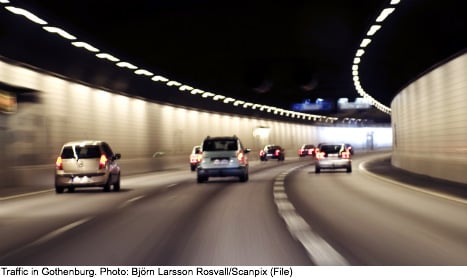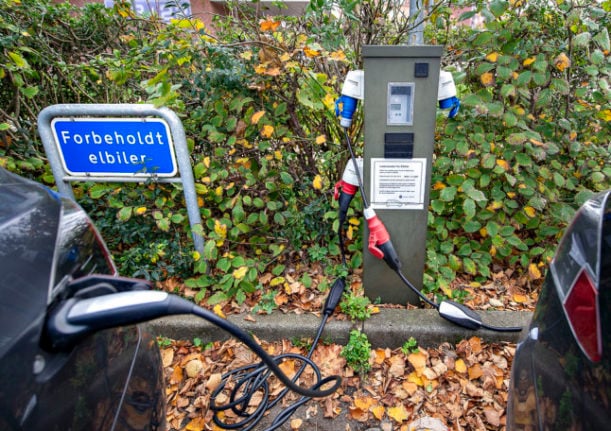The system, aimed at financing infrastructure investments, reducing
greenhouse gases, and cutting traffic in the city centre by around 15 percent, will include some 40 toll stations around the city.
A similar system introduced in Stockholm in 2007 has led to a 15-18 percent reduction of innercity traffic, Swedish Transport Agency (Transportstyrelsen) spokesperson Eva Rosman told news agency TT.
Gothenburg, located on Sweden’s west coast, has some 520,000 inhabitants.
Motorists entering and leaving the city on weekdays will pay between eight and 18 kronor (between $1 and $3 ) depending on the time of day, with an upper limit of 60 kronor a day.
The charge is to be paid between the hours of 6:00 am and 6:29 pm. The holiday month of July will be free, as are evenings and weekends. Cars with foreign license plates and emergency vehicles will be exempt.
Overhead cameras will register the licence plates of cars entering or leaving city limits. Motorists can either have the amount automatically deducted from their bank account or pay a bill in some shops or by internet.
Motorists who don’t pay will be fined 500 kronor.
Gothenburg’s city hall approved the congestion charge in a vote in 2010. It was later approved by the Swedish parliament.
But many residents are opposed to the toll, and some 45,000 people have signed a petition calling for a referendum to be held on the issue.
AFP/The Local/at



 Please whitelist us to continue reading.
Please whitelist us to continue reading.
Member comments